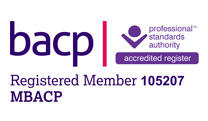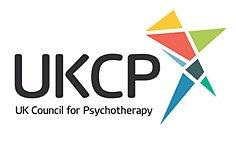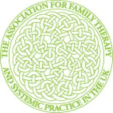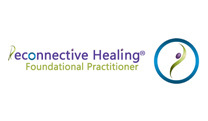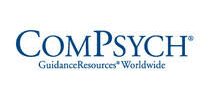What is Bulimia?
Bulimia is a sensitive and challenging mental health condition that usually involves repeated episodes of binge eating followed by compensatory behaviours, such as vomiting or excessive exercise. Individuals who have Bulimia may experience feelings of shame and lack of control over their eating behaviours, which can impact their physical and emotional well-being. The cycle of binging and purging can have adverse effects on one’s physical and mental health.
However, it is essential to know that recovery is possible and support is available to help those going through their healing journey. A combination of a multidisciplinary approach and counselling can assist in addressing the underlying factors contributing to the disorder and guiding towards a brighter and healthier future.
Possible Causes of Bulimia:
- Environmental factors such as societal pressure to be thin, body shaming, or weight-related teasing
- Mental health conditions, including anxiety, depression, or obsessive-compulsive disorder
- Traumatic experiences or abuse, particularly during childhood or adolescence
- Dysfunctional family dynamics or a history of family conflict
- Negative body image or low self-esteem
- Difficulty coping with stress or emotions
- A history of dieting or restrictive eating habits
How Loved Ones Are Affected by Bulimia
Bulimia can have a significant impact not only on the person with the disorder but also on their loved ones. Family members and friends may feel worried, helpless, and frustrated as they watch their loved one struggle with the physical and emotional consequences of Bulimia. They may also feel guilt or self-blame, wondering if there was anything they could have potentially done differently to prevent the development of the disorder.
Additionally, loved ones may need to provide emotional and practical support for their loved one with Bulimia, which can be challenging and emotionally distressing.
Loved ones should seek support such as support groups or therapy to educate themselves, understand the nature of Bulimia and learn how to support their loved one’s recovery best. Family therapy can be particularly effective in helping both the individual with Bulimia as well as their loved ones in living with the disorder and promoting healing.
What are the Signs of Bulimia?
Emotional and Behavioural Signs of Bulimia:
- Preoccupation with body weight and shape
- Low self-esteem and feelings of worthlessness
- Anxiety and depression
- Mood swings and irritability
- Social anxiety and avoiding friends and family
- Guilt, shame, and self-blame
- Perfectionism or a tendency towards firm thinking patterns
- Difficulty concentrating or focusing
Physical Signs of Bulimia:
- Binge eating followed by vomiting, the use of laxatives, or excessively exercising
- Sore throat or hoarseness
- Fluctuations in weight
- Tooth decay due to stomach acid exposure
- Trouble sleeping
- Difficulty concentrating
- Gastrointestinal issues, including bloating, constipation, or diarrhoea
- Dehydration and electrolyte imbalances
- Fear of eating in public or uncomfortable eating around others
- Irregular menstrual periods or missed periods
- Fatigue and weakness due to inadequate nutrition
- Calluses or scars on the hands or knuckles from inducing vomiting.
Discovering the Benefits of Therapy in Overcoming Bulimia
Are you struggling with Bulimia? You are not alone. Bulimia can be a challenging condition to overcome, but with the appropriate treatment and support, recovery is possible. The best type of therapy for you will depend on your specific needs and presentation.
At the Leone Centre, we offer counselling services as part of a multidisciplinary approach to support individuals with Bulimia. Our therapists work alongside other healthcare professionals, such as nutrition specialists and support groups, to provide a comprehensive treatment plan designed for your unique individual needs.
Therapy is essential in treating Bulimia, as it addresses the psychological and emotional factors that contribute to the disorder. Through therapy, you can work with a trained therapist to identify and challenge negative thought patterns and learn healthy coping mechanisms.
Leone Centre offers several types of therapy to help individuals, couples, and families impacted by Bulimia, including Cognitive-behavioral therapy (CBT), Psychodynamic therapy, Family therapy, or Interpersonal therapy. Our counsellors will work with you to determine the best approach based on your individual needs and preferences.
Seeking therapy can help you manage your symptoms and address underlying issues like anxiety, depression, or trauma. Additionally, counselling can help you better understand your relationship with food and your body to work towards developing a more positive self-image.
Therapy can provide you with the tools and support needed to work towards recovery and improve your mental and physical health. If you feel you might be struggling with Bulimia, seeking support is essential. Our trained therapists can work with you to address the underlying psychological factors contributing to disordered eating behaviours, including past trauma, low self-esteem, or anxiety.
Remember, recovery is possible; you don’t have to go through this alone. Leone Centre are here to support you every step of the way.


